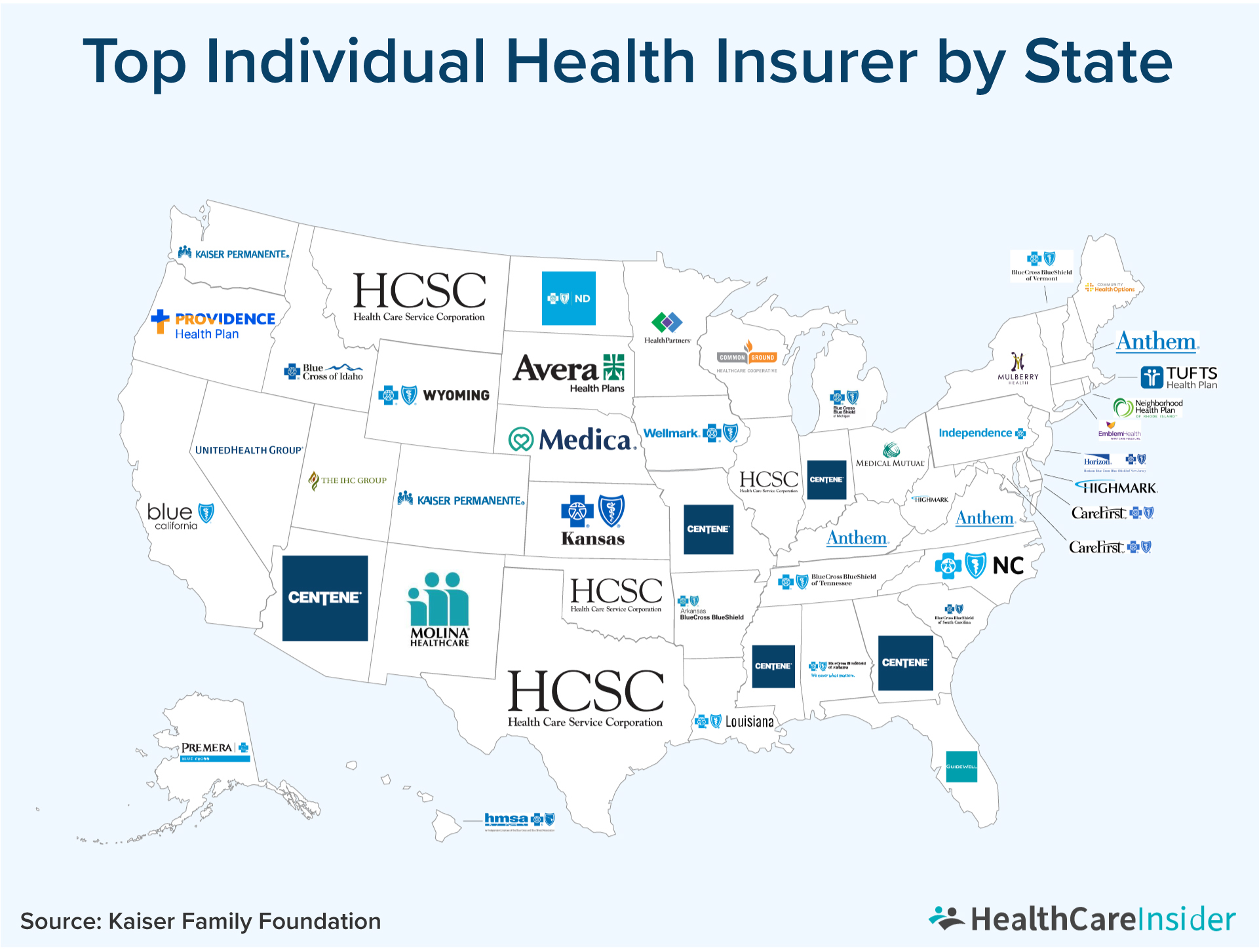Some Sectors Poised for Revival, Others Have to Wait
As the COVID-19 pandemic eases, a new survey shows Americans eager to resume a range of activities but less comfortable with others.
HealthCareInsider asked 1,664 U.S. adults aged 18 and over to choose when they will feel comfortable resuming 12 activities of daily life.
Most Comfortable Resuming
- Traveling by car (53%)
- Outdoor activities (50%)
- Shopping indoors (44%)
- Going back to the workplace (37%)
- Hugging someone close (36%)
Least Comfortable Resuming
- Not wearing a mask in public (15%)
- Enjoying live entertainment (16%)
- Traveling by plane, train or bus (18%)
- Working out in a gym (19%)
- Family gatherings of more than 10 (28%)
Wide discrepancies were seen by age group. For example, 56% of Americans age 45 and up say they won’t feel comfortable traveling by plane, train, or bus till 2022 or later, compared to 48% of under 45s.
Meanwhile, large numbers of respondents are never comfortable resuming certain activities.
22% of Americans say they’ll never feel comfortable working out again in a gym.
Another 17% of respondents say they’ll never feel comfortable returning to the workplace, while 10% will never feel comfortable going to a beauty salon or spa.
23% of Americans 45 and over say they’ll never feel comfortable traveling by plane, train, or bus, compared to 10% of under 45s.
Regional Disparities in Comfort Levels
HealthCareInsider’s survey also found stark regional differences in comfort levels with a return to pre-pandemic normalcy.
For instance, over 20% of residents of East South Central states like Tennessee and Mountain states including Arizona are already comfortable not wearing a mask. That outstrips 12% of people in Middle Atlantic states such as New York and Pacific states like California and Washington.
A similar breakdown was observed on the question of returning to the office. 49% of respondents in Mountain states, which also include Colorado, are already comfortable, as are 47% of East South Central states, which also encompass Alabama.
That compares to just 33% of Middle Atlantic states, which also includes New Jersey and Pennsylvania, and 30% of Pacific states, which also encompasses Oregon.
Pandemic Coping Strategies
We also asked Americans about the positive and negative ways in which they are coping with the pandemic.
Americans are turning to a range of methods to boost their physical and mental wellbeing.
Top Five Activities That Helped Wellbeing
- Practicing good hygiene (46%)
- Staying connected socially (44%)
- Enjoying online entertainment such as streaming (41%)
- Outdoor activities (37%)
- Practicing hobbies (36%)
Other coping strategies pursued by Americans are: exercising (29%), limiting news media (26%), eating healthy foods (26%), engaging in home improvement (25%), and maintaining good sleep hygiene (21%).
Less popular but also practiced coping strategies include: video gaming (20%), practicing relaxation techniques like yoga, meditation or mindfulness (15%), seeking mental health treatment (12%), and getting a pet (10%) and traveling within the continental US (8%).
Columbia University Assistant Professor of Clinical Psychology Ainsely Burke notes some of the forces driving pandemic coping strategies. “Staying connected is one of the things that’s helped people the most,” she says.
“Many are doing online activities: game nights, reunions, meetings, parties. One nice thing about the online experience is you can access people far away. Friends can join birthday parties from abroad and feel part of it. People are craving in-person experiences, but I like to think of these things as additive, not replacements.”
The pandemic has taught us to be flexible in ways we never thought we would be–and being flexible is a real benefit for our mental health.”
Ainsley Burke, Asst. Prof. of Clinical Psychology, Columbia University
Burke says some patients in her practice have actually enjoyed the shift to online psychotherapy. “A lot of my patients enjoy the convenience. The pandemic has taught us to be flexible in ways we never thought we would be – and being flexible is a real benefit for our mental health.”
She also describes a surge in mind-body work like yoga. “I do think people are taking better care of themselves. It’s given some of us time to pause and consider what’s important, and a lot of people have become open to working on themselves.”
Excessive Screen Time
Respondents’ top negative coping strategy is excessive screen time. One-half (50%) of Americans said they spend too much time in front of screens.
The Top Five Negative Coping Strategies
- Excessive screen time (50%)
- Over-eating or food restrictions (40%)
- Excessive sleeping (24%)
- Compulsive online shopping (21%)
- Drug, tobacco, caffeine or alcohol use (17%)
Harmful effects to wellbeing cited by respondents include: concerns for friends and family (57%), anxiety (45%), isolation (43%), lack of exercise (40%), and depression (33%).
Burke sees the effects of these easing quickly. “What we know about anxiety is it means worrying about the future, and when you have a pandemic it’s about the unknown. It’s about fear of what’s coming and how we’re going to manage.
“I’m guessing it’s greatly reduced at the moment as people are feeling less worried.”
Methodology: HealthCareInsider conducted this survey utilizing a SurveyMonkey Audience on April 21-22, 2021, among a national sample of 1,664 U.S. adults. The modeled error estimate for this survey is plus or minus 2.0 percentage points. The sample was balanced for age, gender, and U.S. Region according to the Census Bureau’s American Community Survey.


